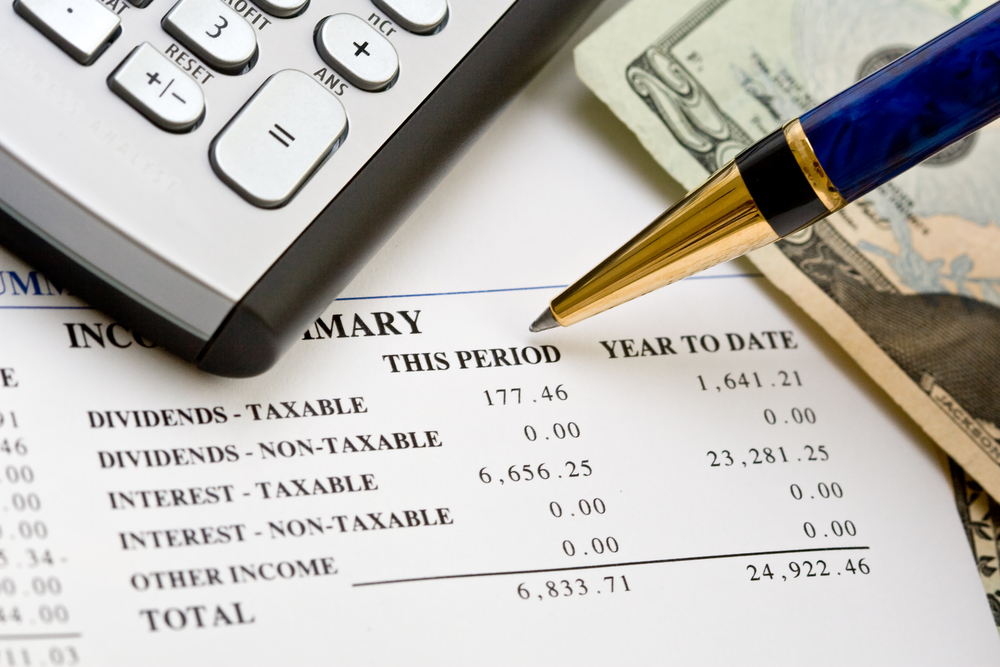Commercial real estate loans explained: A comprehensive guide for investors seeking to navigate the intricacies of commercial real estate financing. This detailed resource delves into the purpose, benefits, types, and processes involved in obtaining and managing commercial real estate loans, empowering you with the knowledge to make informed decisions and maximize your investment potential.
Overview of Commercial Real Estate Loans
Commercial real estate loans provide financing for the purchase, construction, or refinancing of commercial properties. These loans offer numerous benefits, including access to capital for expansion, improved cash flow, and potential tax advantages.
Different types of commercial real estate loans exist, each tailored to specific property types and financing needs. Common examples include:
- Permanent loans: Long-term financing for stabilized properties.
- Construction loans: Short-term financing for the development or renovation of properties.
- Bridge loans: Short-term loans used to bridge the gap between property acquisition and permanent financing.
- CMBS loans: Loans backed by a pool of commercial mortgages, offering lower interest rates.
The Loan Process
Obtaining a commercial real estate loan involves several steps:
- Pre-approval:Determine your borrowing capacity and loan eligibility.
- Loan application:Submit a comprehensive loan application with financial statements, property information, and other supporting documents.
- Loan underwriting:Lenders evaluate the borrower’s creditworthiness, property value, and repayment ability.
- Loan approval:Lenders issue a loan commitment, outlining the loan terms and conditions.
- Loan closing:Execute the loan documents and transfer property ownership.
Loan Terms and Conditions
Commercial real estate loans have specific terms and conditions, including:
- Interest rates:Fixed or adjustable rates based on market conditions.
- Loan terms:Typically 5-10 years for construction loans and 10-25 years for permanent loans.
- Repayment schedules:Monthly or quarterly payments, including principal, interest, and property taxes.
- Loan-to-value (LTV) ratio:Percentage of the property’s value that the loan covers.
- Debt service coverage ratio (DSCR):Measures the borrower’s ability to make loan payments from property income.
Due Diligence and Underwriting
Lenders conduct due diligence to assess the property’s value, market conditions, and borrower’s financial health.
Factors considered during underwriting include:
- Property location and condition.
- Market demand and rental rates.
- Borrower’s credit history and income.
- Property cash flow and operating expenses.
Loan Closing and Funding, Commercial real estate loans explained
At closing, the loan documents are signed, and the property is transferred to the borrower.
Requirements for closing include:
- Loan commitment.
- Property title and insurance.
- Environmental reports.
- Closing costs (e.g., attorney fees, title insurance, recording fees).
Wrap-Up

In conclusion, commercial real estate loans explained provides a comprehensive understanding of the complexities of commercial real estate financing. By understanding the purpose, benefits, types, and processes involved, investors can navigate the complexities of this market with confidence and make informed decisions that align with their investment goals.
Whether you’re a seasoned investor or just starting out, this guide empowers you with the knowledge to unlock the potential of commercial real estate investments.
FAQ Compilation: Commercial Real Estate Loans Explained
What are the key benefits of commercial real estate loans?
Commercial real estate loans offer several key benefits, including the potential for higher returns, diversification of investment portfolios, tax advantages, and leverage to increase purchasing power.
What are the different types of commercial real estate loans available?
There are various types of commercial real estate loans available, each tailored to specific property types and investment strategies. Some common types include fixed-rate loans, adjustable-rate loans, balloon loans, and bridge loans.
Commercial real estate loans, as explained earlier, can be a valuable tool for investors looking to acquire or develop commercial properties. However, for first-time homebuyers seeking the best mortgage rates in Northern Ireland, exploring options such as best mortgage rates ni for first time buyers may be more appropriate.
These specialized mortgage products cater specifically to the needs of first-time buyers, offering competitive rates and flexible terms to help them secure their dream homes.
What is the loan process for commercial real estate?
The loan process for commercial real estate typically involves pre-approval, application, underwriting, loan commitment, closing, and funding. It requires careful preparation and documentation to ensure a smooth and successful transaction.
